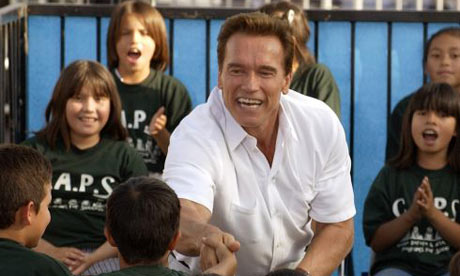
Everything I had read about Naomi Novik's Temeraire series sounded intriguing, so when I discovered that
Del Rey was making a number of books available as free downloads, I jumped on the chance to check it out.
In the Temeraire series, we go back to the Napoleonic Wars, with one major difference. Significant parts of the war are being fought in the skies on dragonback, with captains and flight crews clambering on the rigging. Dragons are intelligent - depending on the species, sometimes more intelligent than people - and bond for life with their captains.
The story opens as Captain Will Laurence of the British Navy discovers with horror that the French warship he has just captured is carrying a dragon egg on the verge of hatching. There is no trained aviator on board to bond with the hatchling, something that has to be done before the first feeding. Lots are drawn, a young man is chosen, but the dragonet has different ideas and Laurence watches his career crumble around him. Whether he will or no, he is now an aviator.
Three reasons you might like this book1. You like historical novels and/or historical fantasy. Other than the Dragon Corps, this is a carefully done bit of history, with the attitudes and social conditions mirroring the actual historical period.
2. The relationship between Temeraire the dragon and Will Laurence is the core of this story and it is very nicely drawn. Imagine a man and his dog story, when the "dog" is not only intensely loyal, but has a razor-sharp intelligence and can fly. That gives you a bit of an idea. But just a bit. It was enthralling. And I so envied Laurence.
3. Laurence is an interesting protagonist. He is conservative, but will think outside the box when the situation warrants. He makes mistakes, but recognizes them and makes the necessary changes. He's an honourable man, trying to do the honourable thing, even when the personal cost is very high.
Three reasons you might not like this book1. You're like me and get bored by action scenes. Especially when they are in three dimensions. I read most of this book in a state of acute interest, in spite of the fact it was on a computer screen, but my interest started to flag in the final chapters and the big battle scene. Action tends to bore me, especially when it requires a lot of visualization. Of course, if you're an action fan, you'd have an entirely different take on this matter.
2. You don't like anything that smacks of fantasy or alternate history. You have my deepest sympathies. I personally loved the sense of wonder that pervaded this book - oh wait! I was supposed to be giving reasons for NOT liking the book. Can you tell I am having problems with this side of the argument?
3. Ummm, there's got to be something else. You think that dragons are diabolical, despite the fact that dragons don't really exist and are therefore whatever the storyteller makes them to be. But set your mind at rest. These dragons are not diabolical, but a part of the natural world. There is even a dragon expert, publishing his scholarly works on the particularities of each species. A charming appendix offers excerpts and illustrations from his book. No demons here, sorry.
Three lines from page 33Thunder did not frighten him, nor lightning; “What makes it?” he only asked, and was disappointed when Laurence could offer him no answer. “We could go and see,” he suggested, partly unfolding his wings again, and taking a step towards the stern railing. Laurence started with alarm; Temeraire had made no further attempts to fly since the first day, being more preoccupied with eating, and though they had enlarged the harness three times, they had never exchanged the chain for a heavier one.
And might I add in passing, that I think this is brilliant marketing on the part of Del Rey. If I understand correctly, all the books make available for download (just for one month, so
rush over if you want your free copy) are the first volume of a series. Great way to get a reader hooked and make them want to buy the rest of the series. I am a great believer in free samples as the most honest form of advertising, so I'm all in favour. Nothing will persuade me to buy an unknown author faster than a good excerpt.
Technorati tags:
His Majesty's Dragon,
Naomi Novik
 Well, well, well. I was one of the six winners at the Novel Matters Audience With an Agent contest. The six lovely ladies who write for that blog (and who are all with the Books & Such Literary Agency) sifted through a slush pile of applicants and selected six to be forwarded to agent Wendy Lawton.
Well, well, well. I was one of the six winners at the Novel Matters Audience With an Agent contest. The six lovely ladies who write for that blog (and who are all with the Books & Such Literary Agency) sifted through a slush pile of applicants and selected six to be forwarded to agent Wendy Lawton.





































